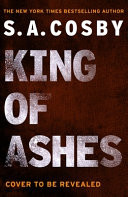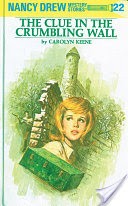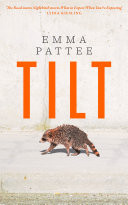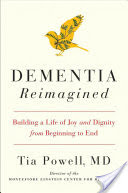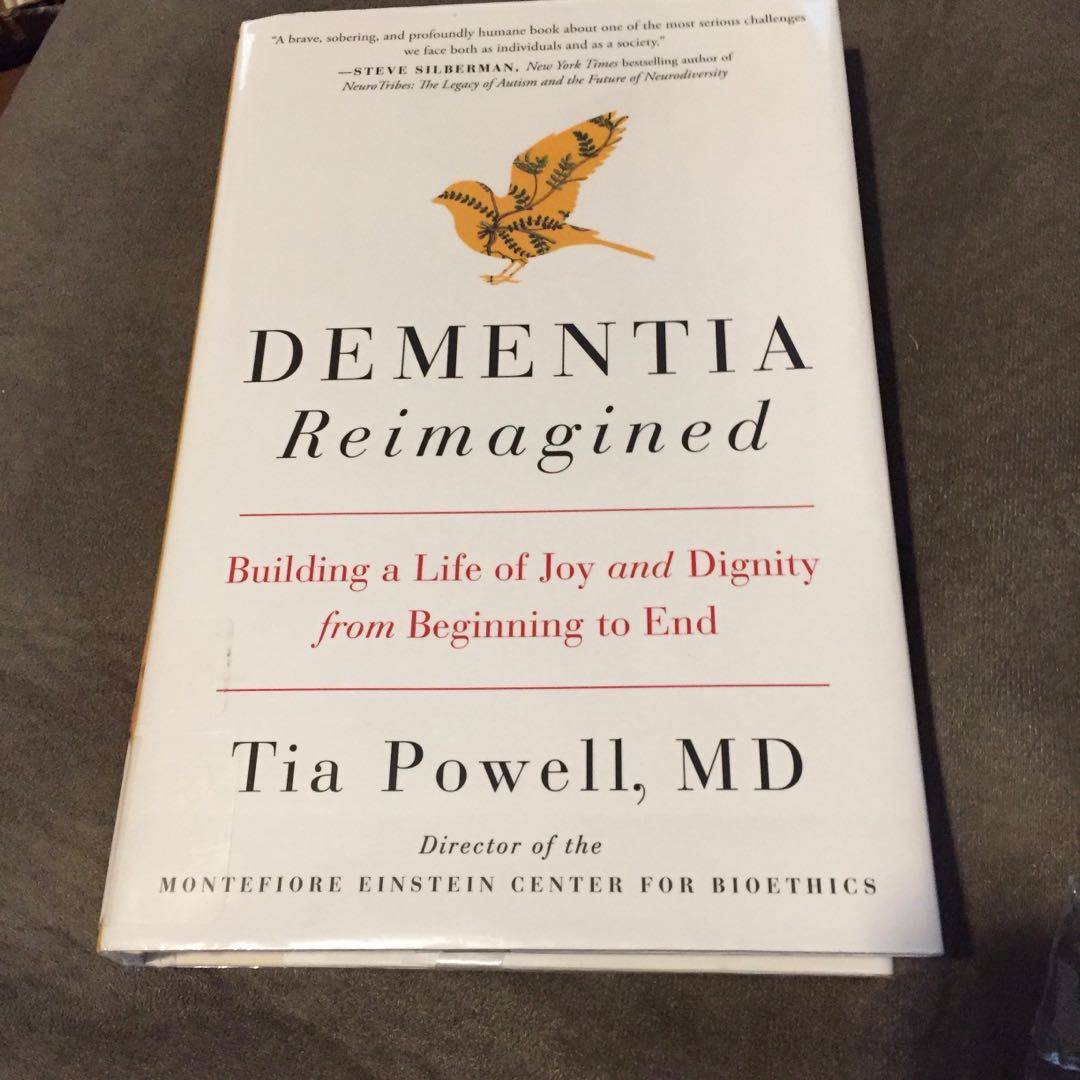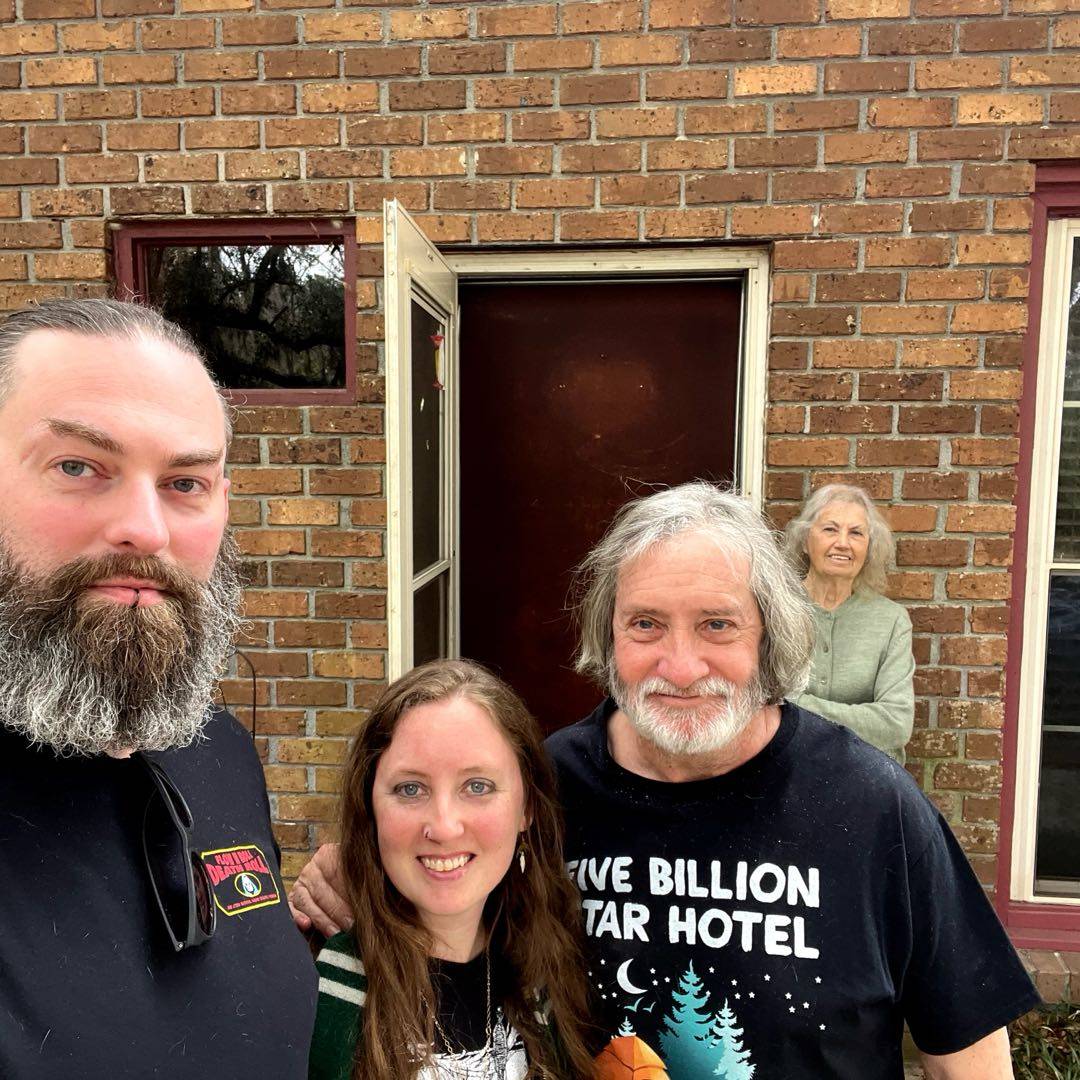
I have been trying to read as much as I can about neurological conditions such as Alzheimer‘s and Dementia. Volunteering in Hospice, and working a for few months in home health has taught me a lot. My father and step-mom both have Alzheimer‘s, so these books are very helpful but it‘s still hard. This book discusses some history of mental illness and its institutions, and stories of loved ones who have had these diseases. It discusses the⬇️







